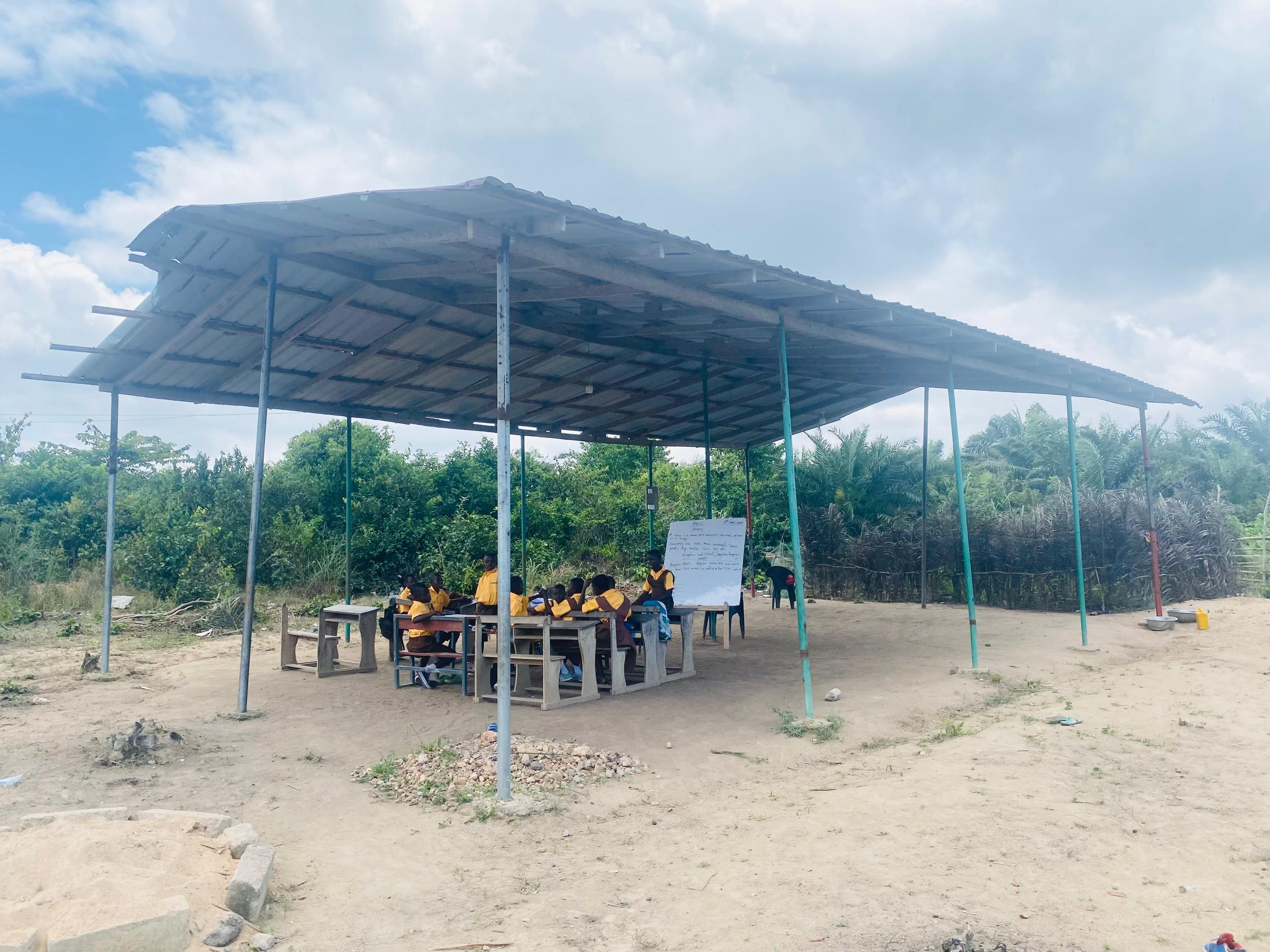- Hurricane Milton heads for Florida: Predicted path and what to expect
- Houthi Red Sea attacks still torment global trade, a year after October 7
- Bad call from Wall Street analysts on DuPont stock may be good news for investors
- Crypto relationship scams pose 'catastrophic harm,' SEC official says. Here's how to avoid them
- Trump's Mar-a-Lago, golf resorts are outside Milton's path. But Truth Social's offices are at risk
What do you believe is the single most important factor driving up the cost of living in Nigeria?

Lusatia's transformation from coal is falling short on environmental sustainability, German study finds
A total of 10.3 billion euros of federal funding and several hundred million euros of state funding have been allocated to support the structural transformation of the Lusatian coal district in Brandenburg, Germany. But are the projects targeted by this funding putting the region on course for a sustainable future?
A study published in the Journal of Environmental Policy & Planning by RIFS researchers casts doubt on the outlook. On the ground in Lusatia, even goals that are anchored in Germany's National Sustainable Development Strategy appear to play only a marginal role in decision-making.
To turn this around, the researchers argue, ministries will need to place more emphasis on sustainability and work together to allocate funding appropriately.
The researchers analyzed official documents and interviewed experts from politics, business and civil society to investigate the extent to which sustainability goals shape the transition process following the coal phase-out in the Lusatian coal district.
"We found that many of the interviewees have rather weak conceptions of sustainability and, as a consequence, their decision-making is not guided by the sustainability goals. Nevertheless, there are projects that address sustainability aspects, particularly in the areas of emissions reduction, climate protection technologies, education and health infrastructure.

- October 8, 2024
Sacrificial burial confirms Scythians' eastern origins

- October 8, 2024
Researchers say life expectancy nearing its limit

- October 8, 2024
AI challenge seeks questions to test human-level intelligence


- October 6, 2024
Fuseina Fuseini is 2024 national best teacher

- October 7, 2024
Ampatano M/A Basic School appeals for classroom blocks


- October 7, 2024
After injury, one species of comb jelly can fuse to become one
Subscribe to our mailing list to get the new updates!

Subscribe our newsletter to stay updated
Thank you for subscribing!






